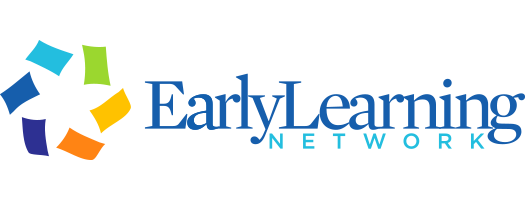Goals
- Engage in dialogue with early childhood researchers, practitioners and policymakers on findings from network teams regarding methods of narrowing opportunity gaps and ensuring early learning success of children, especially those from historically marginalized groups.
- Co-create potential next steps for practitioners and policymakers associated with key findings from the network, along with new directions in early childhood research.
What to expect
Participants engaged in:
- Brief research presentations summarizing collective findings from the network’s diverse studies conducted with schools in Boston, Nebraska, North Carolina, Ohio and Virginia, and their implications for children’s learning and development. Moderated panel discussions will follow.
- Interactive breakout discussions to determine how the network’s contributions to the early childhood knowledge base can be translated and applied to your work.
- A demonstration and discussion focused on OLOS — a new classroom assessment tool developed by the ELN assessment team and field tested by network members.
Who’s involved?
Presenters
Presenters included representatives from the Early Learning Network’s five research teams and assessment team:
- MDRC
- University of Nebraska–Lincoln
- University of North Carolina at Chapel Hill
- Ohio State University
- University of Virginia
- University of California, Irvine (Assessment Team)
Facilitators
Early childhood experts facilitated panel discussions on the research, offered their reflections and provided space for dialogue.
Participants
A select group of early childhood professionals from across the U.S. were invited to participate, including:
- Practitioners
- Policymakers
- Researchers
- Federal/state partners


